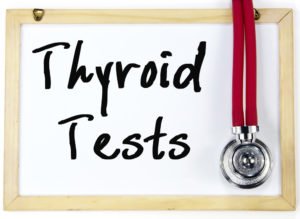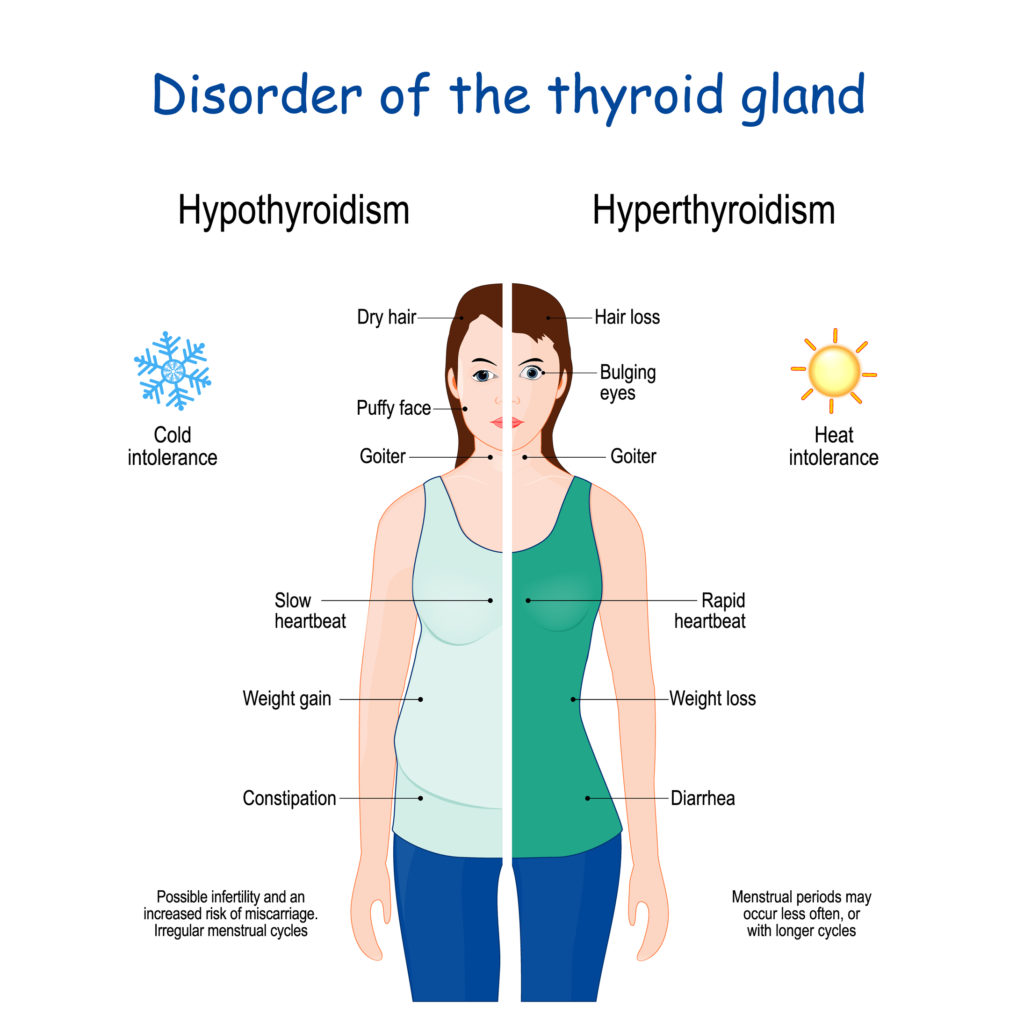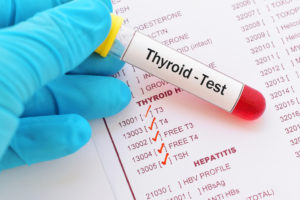What's On This Page?
ToggleThyroid testing is what is used to determine hypothyroidism. If the testing isn’t comprehensive you fall through the cracks.
Thyroid disease is occurring at epidemic rates yet many physicians still do not know how to properly evaluate a patient for a thyroid or adrenal condition. Most of the time, you have to take control of your own health care decisions and lab evaluations in order to get well.
That’s what I had to do many years ago, so it surprises me that today there is still resistance to many simple lab tests that could uncover the problem. My book THYROID HEALTHY PAPERBACK gives you the simple education you need to empower yourself with information so you can get well.
As an example, for the last 45 years, doctors have been taught to evaluate a patient for a thyroid problem by ordering a thyroid stimulating hormone (TSH) blood test. Unfortunately, this is not the best way to determine if you have a low thyroid.
This test, while very cheap has many limitations which is why getting FREE and TOTAL values for T4 and T3 is useful, along with a panel that assesses thyroid antibodies. Furthermore, the basal body temperature test should be part of your thyroid workup.

TSH is Not Good Enough in Thyroid Testing Protocols
Just checking your thyroid levels or your TSH is not enough. The adrenal glands are connected chemically speaking, and if your adrenal glands are over-producing cortisol you will not feel well, and no amount of thyroid medication will solve it. You can look at the image here to see if you have the symptoms of hyperthyroidism (high thyroid) vs. hypothyroidism.
They are treated differently. Hashimoto’s thyroiditis can cause symptoms that are so erratic and ‘swinging’ in nature that it appears you have symptoms from both disorders!

Thyroid Testing Should Include Cortisol
Knowing your cortisol levels are important because cortisol can raise Thyroid Binding Globulin (TBG) which then causes you to have reduced free thyroid hormone available to your cells. In other words, stress which raises cortisol will ultimately lead to hypothyroidism. Cortisol changes according to your circadian rhythm and should be measured with a four-point urine test such as DUTCH or a similar equivalent.
In 2020, there was a scientific paper that evaluated T4 levels and TSH and researchers found that these levels were reduced in patients who suffered with a cortisol-producing adenoma.
Thyroid hormone is a fat-burning hormone. With the obesity epidemic impacting outcomes for COVID, we should be helping people as much as possible.
Many people are struggling with their weight due to undiagnosed hypothyroidism, again due to the improper testing that is pervasive in the medical community.
Adequate thyroid testing for hypothyroidism has barely budged in decades and as a result, you may be suffering needlessly. One more test that I suggest is for iron, specifically the “ferritin” test which is a good place to start. The reason I recommend drawing a ferritin level at the time of your “Complete Thyroid Panel” is because hypothyroidism often causes people to have a low body temperature. Ferritin levels should be determined during proper thyroid testing.
That’s why people will say they are always cold, even when the ambient room temperature is comfortable. The situation causes fewer red blood cells to be manufactured by bone marrow (which is temperature sensitive). So if your body temp is low and so are your ferritin levels, it builds the case for hypothyroidism. It’s all about putting the puzzle pieces together.
The normal reference range varies from lab to lab, but it should be somewhere around 70 to 90 ng/ml. If you’d like to know how to recognize and correct low iron, please CLICK HERE to read my article about that.
12 Critical Thyroid Myths and Facts- Click Here
In Closing
Many people may not realize they have a thyroid problem because thyroid testing is insufficient. Another reason you fall through the cracks is because iodine deficiency may be driving it, or even iron deficiency… both of which are never even evaluated during regular thyroid testing. Regardless of the cause of hypothyroidism, if you have it, you are dependent on your physician. This means that comprehensive thyroid testing should be completed to make sure your hormones (esp cortisol), and ferritin and much more is evaluated. The TSH test is not enough. It’s not even a determinant of thyroid levels, it’s basically a reflection.
That’s how you are diagnosed, by your tests so make sure you’ve done them all.
I hope you now feel more empowered to delve deeper than a TSH test because that test alone will not be enough to uncover the problem.

Suzy Cohen, has been a licensed pharmacist for over 30 years and believes the best approach to chronic illness is a combination of natural medicine and conventional. She founded her own dietary supplement company specializing in custom-formulas, some of which have patents. With a special focus on functional medicine, thyroid health and drug nutrient depletion, Suzy is the author of several related books including Thyroid Healthy, Drug Muggers, Diabetes Without Drugs, and a nationally syndicated column.



